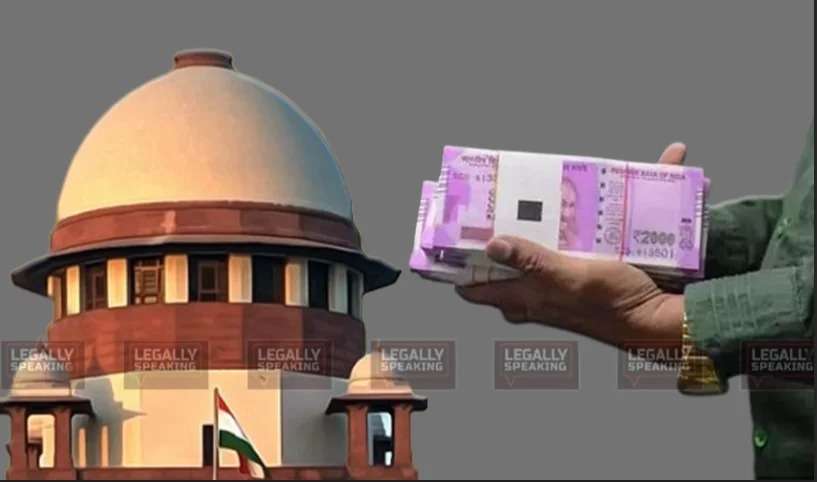
The Supreme Court on Friday refused to allow the urgent listing of the plea filed by BJP leader and advocate Ashwini Kumar Upadhyay challenging the RBI notification allowing exchange of ₹2,000 currency notes without any identity proof.
A vacation bench comprising Justices Aniruddha Bose and Rajesh Bindal emphasized that there was no urgency in the matter and that the previous bench’s directive, issued on June 1, to list the case after the court’s summer vacation, should be followed.
The Court said that, “Direction of the vacation bench as on June 1 cannot be buried by us. Let it be mentioned this before CJI upon re-opening.”
Upadhyay expressed concerns about the lack of transparency regarding the amount of money deposited into bank accounts during the exchange process.
He argued that the exchange of ₹2,000 notes could facilitate the conversion of black money into white money.
He said that, “All black money will become white money.”
Justice Bose responded that, “Everyone pays tax.”
Upadhyay stated that, “Only 10 crore (people pay tax).”
Justice Bose further stated that, “That is income tax. GST etc everyone pays.”
Thereafter, Upadhyay questioned whether the matter was less important than a recent Allahabad High Court order on Mangalik status of women which the apex court took suo motu notice and held a sitting on Saturday.
Previously, the top court rejected urgent listing of Upadhyay’s appeal against the Delhi High Court’s decision upholding the RBI notification.
He even suggested that the registrar could be asked to seek directions from the Chief Justice of India (CJI).
However, the court, refused to accede to the request.
Upadhyay then stated, “This is very unfortunate.”
Justice Bindal responded that, “This is a court, not a public platform. Matter has to end somewhere.”
On June 1, the Supreme Court rejected to allow urgent listing of the appeal filed by Upadhyay against the order of the Delhi High Court upholding the RBI notification.
The Court advised Upadhyay may mention the matter before the CJI when the Court reconvenes after the summer break. On June 7, the bench led by Justice Bose had sought a report from the registry as to whether the defects in the appeal had been cured and the matter warranted urgent listing.
The Delhi High Court in its verdict on May 29 reasoned that ₹2,000 notes served their purpose and the decision to withdraw the same was a policy matter which should not be interfered with by the courts.
Upadhyay’s appeal argues that the Delhi High Court’s ruling contradicts various legislations aimed at addressing black money, counterfeiting, and money laundering.
It further asserts that the RBI notification undermines the rule of law, violative of the rights to equality and dignity, and allows banks to convert black money into white.





